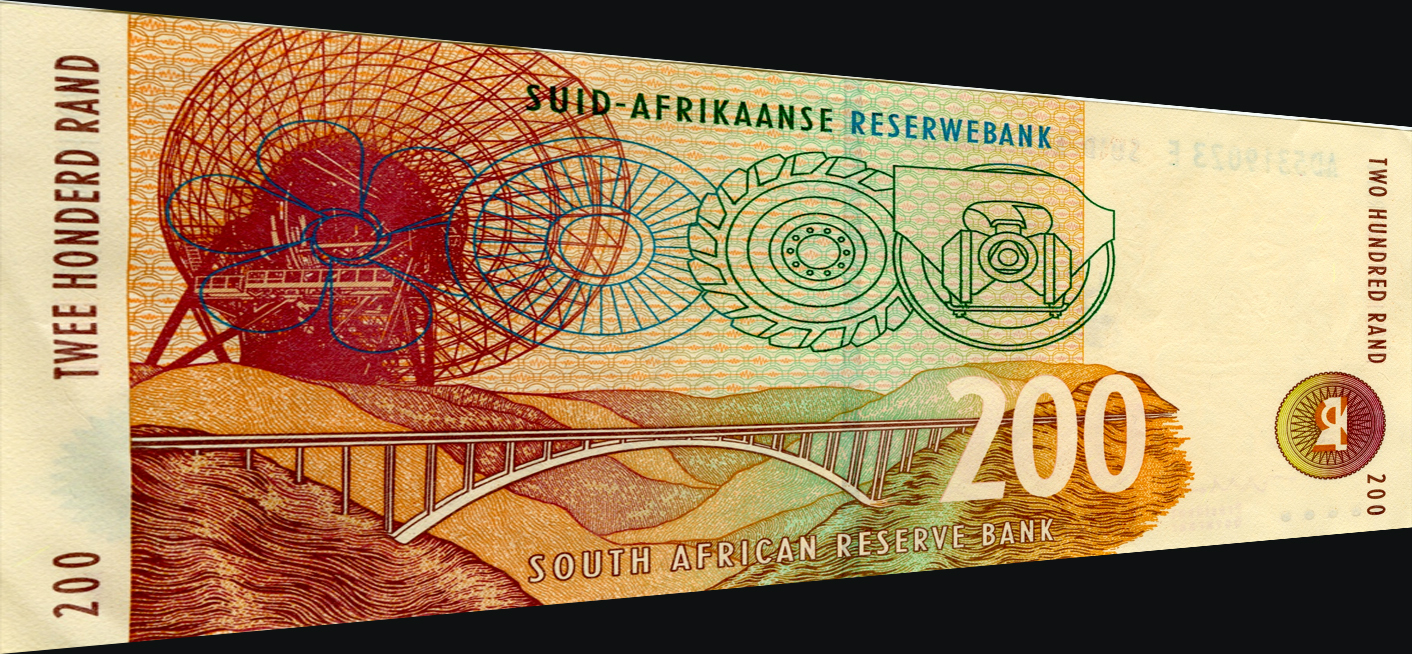Stories on the illicit financial outflows from Africa often focus on the numbers, simply because they are astounding. A Global Financial Integrity report conservatively estimates that between 2003 and 2012 $529 billion left Sub-Saharan Africa through illicit flows, growing an average 13.2 percent each year. These figures aren't as high as in other parts of the world, but they're the worst when compared to growth, with illicit financial outflows in Sub-Sahara Africa averaging 5.5 percent of GDP. If $529 billion seems hard to grasp, it's almost twice what Sub-Saharan Africa received in foreign direct investment and one-and-a-half times what it got in official development assistance in the same period. So for every $1 of foreign investment and aid, 84 cents leaves illegally.
The system's like a sieve, but instead of flour it's billions of dollars falling through the cracks.
Now, unless you follow global financial systems like the BeyHive follows Beyonce, the details seem exceptionally boring. But the lost billions are tied to expanding basic human rights and turning the continent's successful economic growth into things like jobs, service delivery, education and health. A leader of the World Bank has called illicit financial outflows a global priority, the White House has recognised the problem, the United Nations has a team on it and so does the African Union. On Monday, Global Financial Integrity president Raymond Baker said, “This is the ugliest chapter in global economic affairs since slavery.” It's a big deal.
Thabo Mbeki has been focusing on the issue in recent years and a statement on his foundation's website traces the origins of illicit financial flows from Africa back to the 1960s, when elites in newly-independent governments were uncertain about stability and sought to stash money away in Western institutions. At the same time large corporations were globalising and looking to minimise corporate taxes.
Essentially, the practice is the illegal transfer of money from one country to another, when funds are illegally earned, transferred or used. Think of tax havens and shell companies, a politician transferring dirty money offshore, criminal organisations laundering their cash through trade, terrorists doing wire transfers, or traffickers carrying suitcases of cash across borders. Most importantly, think of multinational companies. According to Global Financial Integrity, corruption accounts for about five percent of illicit flows, criminal activity like drug trafficking and smuggling 30 to 35 percent, and transactions from multinational companies 60 to 65 percent.
Addressing the African Union this year, Mbeki, chair of the high level panel on illicit financial flows, agreed “that large corporations are by far the biggest culprits responsible for illicit outflows, especially given their ability to retain the best available professional legal, accountancy, banking and other expertise”. They do it mostly through misinvoicing, or lying about the commercial value of a transaction on invoices submitted to customs. It's often easy, because trading partners write their own invoices. Companies can evade taxes, claim certain tax incentives, and shift money into tax havens and secret accounts.
It's estimated that at least $122 billion was illegally transferred out of South Africa between 2003 and 2012, recording the tenth highest illicit outflows in the world (Nigeria was ninth, once again a step ahead). Ceasing illicit transactions does not mean the money would be available directly to spend on services, but to put it into perspective, the $29 billion estimated to have illegally left the country in 2012 exceeds the total 2015 education budget. It's something like 1,300 Nkandla upgrades.
On Monday, Yale University's Professor Thomas Pogge brought the issue back to human rights and development. Curbing illicit financial flows would significantly boost tax collections in developing countries. Currently, these countries struggle to collect taxes from much of the population and those who can afford to pay, wealthy citizens and international companies operating in the area, are doing all they can to avoid paying, leaving governments with fewer resources to improve the lives of citizens. “Clearly, massive reductions in existing human rights deficits could be achieved by allowing poor countries to collect reasonable taxes from multinational corporations and from their own most affluent nationals, assuming the resulting revenues were appropriately spent,” said Pogge.
There are a number of recommendations. Countries should try to confirm who owns anonymous companies and enforce laws against money-laundering. Multinational corporations should be required to report their finances and details of subsidiaries in all countries where they operate. Resource extraction contracts should be made public. States should boost customs enforcement and heavily scrutinise transactions involving tax havens. Citizens, both of developing countries and those in states with powerful financial centres that enable tax dodging, should demand greater transparency.
While there's hope – the issue is at least now on the global agenda – there are many challenges. “Why is this such a hard problem to resolve? Is it a question of getting governments to do the right thing? Is it a question of getting corporations to do the decent thing? What is it?” asked Siphosami Malunga from Open Society Initiative for Southern Africa. The challenge, he said, is that political and business elites have a common interest. “They are not two separate entities. They are one working in tandem to make money,” he said. “This is a problem of elite capture and in order to address it we are going to have to disentangle those relationships.”
He has a point. During the Marikana Commission, suspicions were raised that platinum company Lonmin had a questionable transfer pricing agreement going through Bermuda (the company denied the allegations and certain transfer pricing practices are legal in SA). Months after the allegations surfaced, former Lonmin non-executive director and current Deputy President Cyril Ramaphosa said tax dodging was stealing from South Africans. But Lonmin only stopped paying “sales commissions” to the Bermuda company in 2012. Why? The commission heard that Lonmin's BEE partner, controlled by Ramaphosa's Shanduka Group, didn't want to break the Bermuda ties. DM





